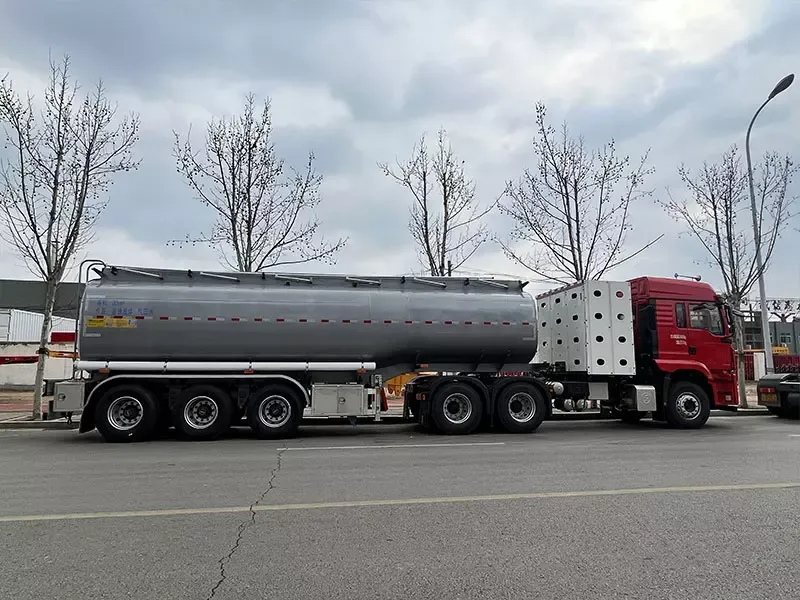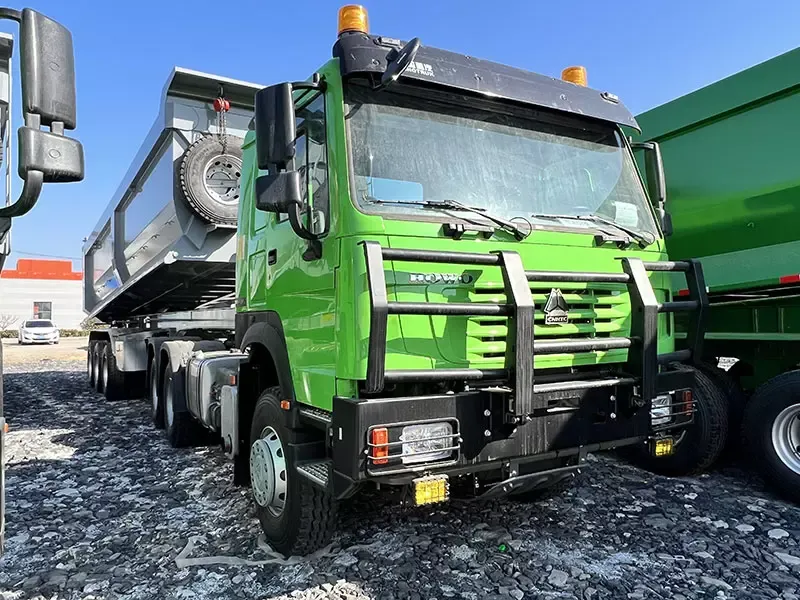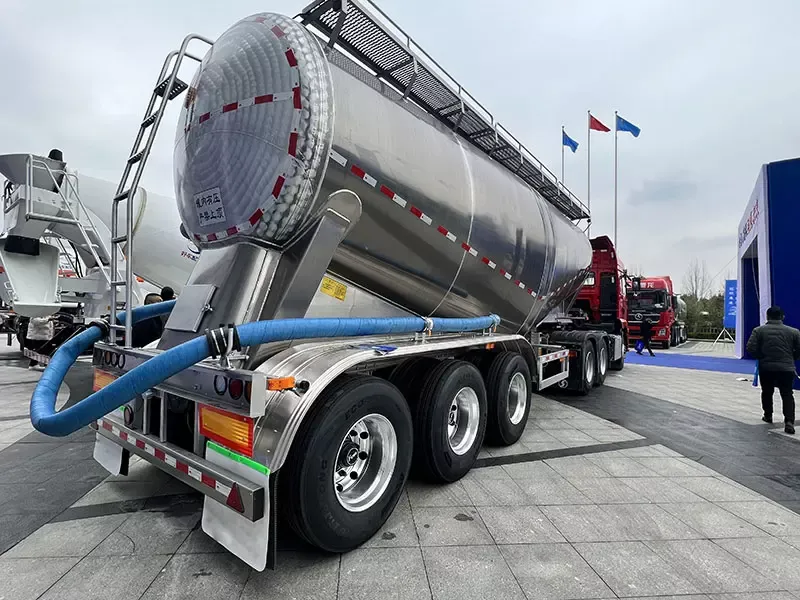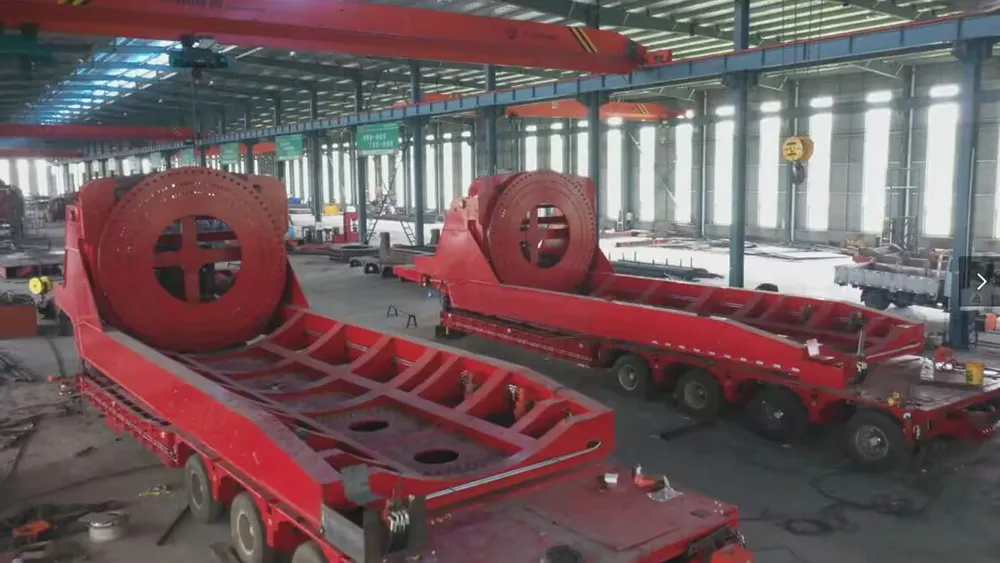Container
Container is a universal cargo transportation container that has become an indispensable component of the global freight and logistics field. These standardized containers provide efficient, safe, and reliable transportation methods for various types of goods. In addition, they are suitable for land, sea, or railway transportation. These containers are internationally standard. Therefore, they have consistent dimensions and specifications worldwide. As a result, ithey ensure coordinated use with various transportation tools. Regardless of the source and destination of the goods, these containers can be used for efficient transportation. This standardization not only makes global trade more convenient, but also reduces logistics costs and provides a solid foundation for international trade.
The application fields of Container cover various industries, including manufacturing, agriculture, construction, food, and pharmaceutical industries. They not only play a crucial role in the supply chain, but also provide efficient solutions for loading and unloading goods, thereby reducing logistics time and labor costs. In addition, this standardized transportation method also helps to reduce packaging waste and improve sustainability.Containers represent the cornerstone of modern cargo transportation, and their standardization and versatility make them an indispensable tool in the global freight and logistics fields, promoting global economic prosperity and sustainable development. Whether the goods are small to microelectronic components or large to building materials, Container provides an efficient, safe, and reliable way to connect them to the global supply chain.








